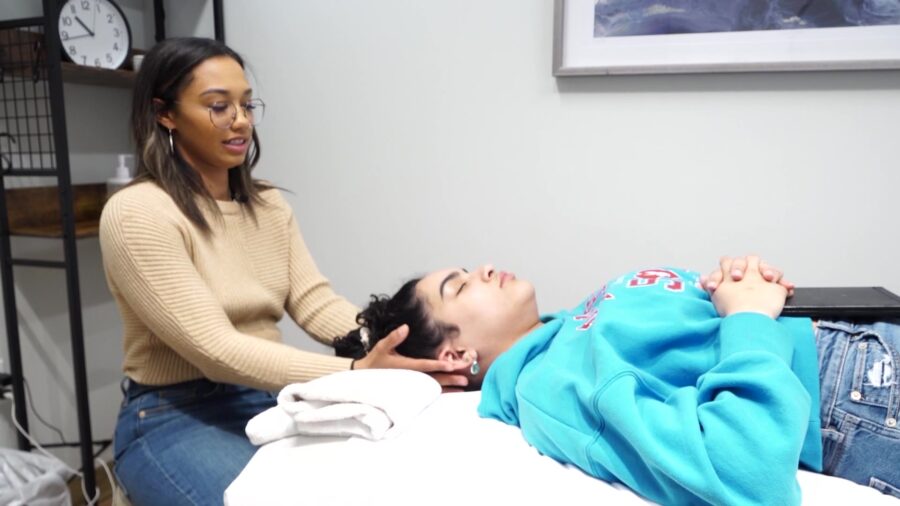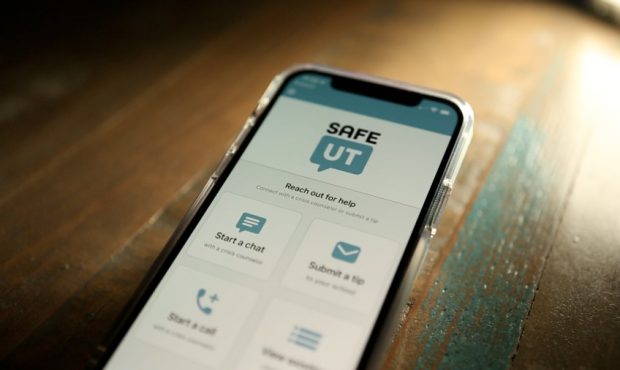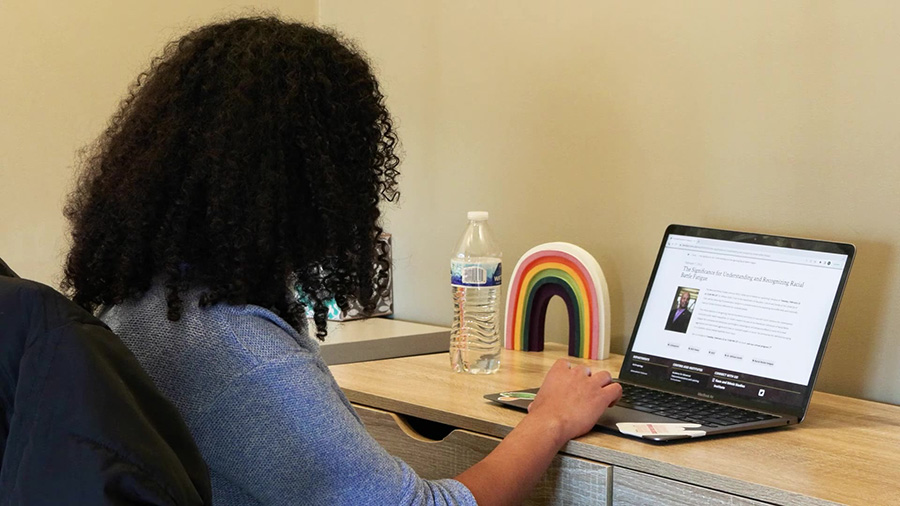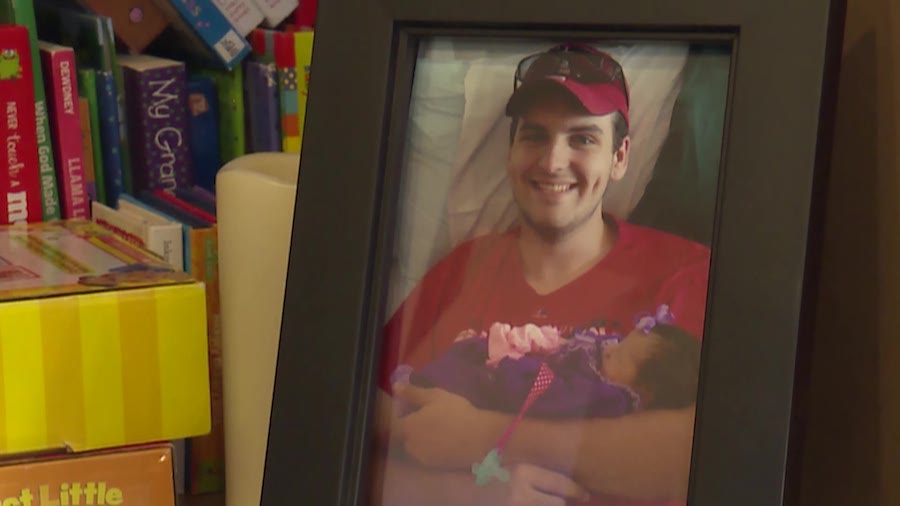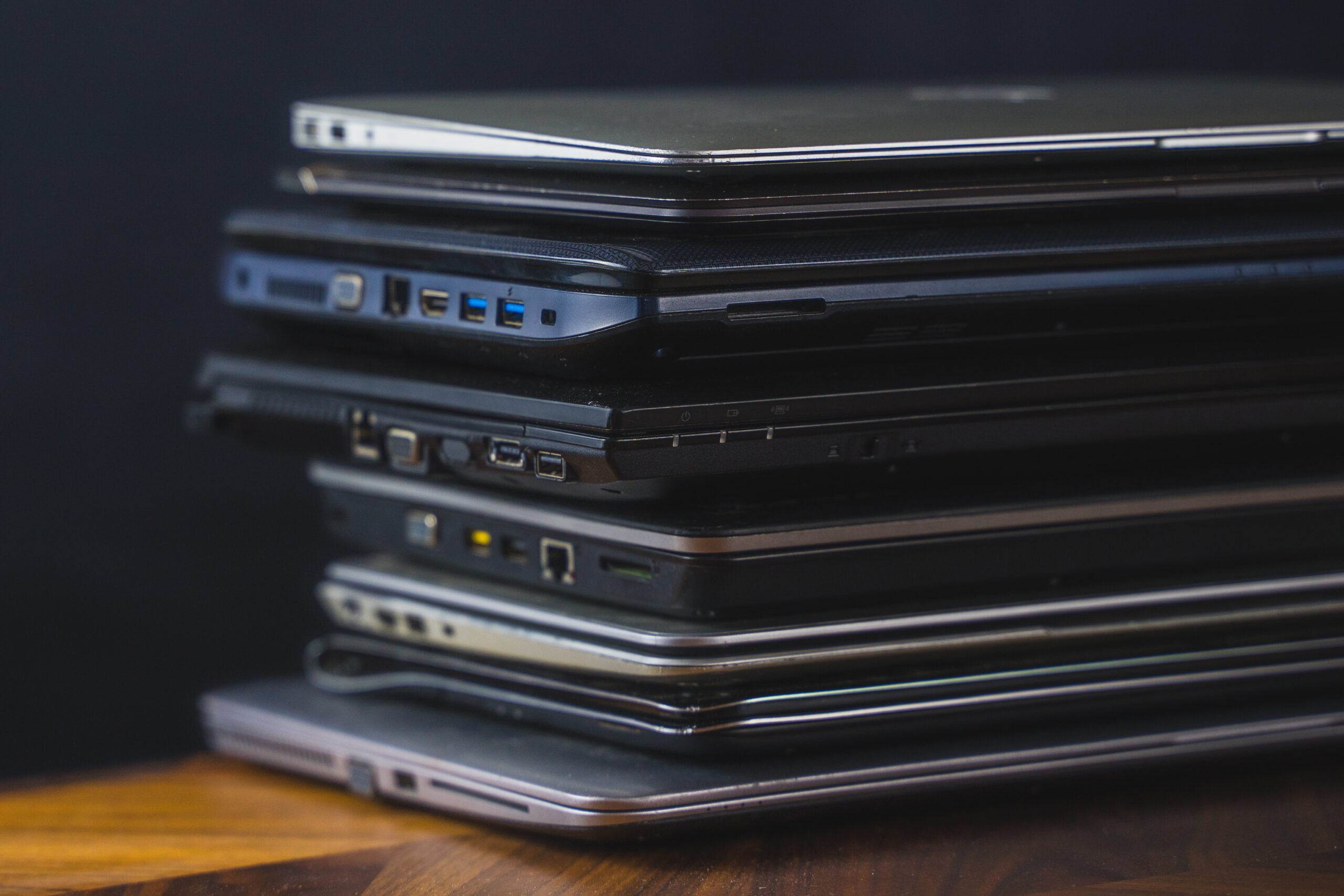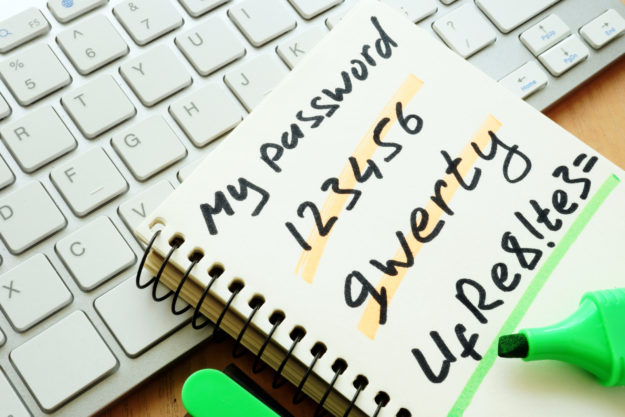HEALTHY MIND MATTERS
Healthy Mind Matters: Support For Utah Health Care Workers During COVID-19
Apr 28, 2020, 6:18 PM | Updated: 8:28 pm
SALT LAKE CITY, Utah – The COVID-19 crisis has taken a particularly hard toll on the men and women treating patients around the country.
This week came news that a New York ER doctor on the front lines of the pandemic died by suicide. That has hospitals and health care workers in Utah on heightened alert.
In this Healthy Mind Matters report, Heather Simonsen explains how health care workers on the frontlines of the pandemic were finding support.
“I can just see how all of this can weigh on someone’s mind, just the toll that it would take,” said Brittany Critchfield, who left her home in Orem to help on the front lines in Long Island, New York. She’s treating more patients than ever, the sickest she’s seen.
“I think you can feel guilt or maybe inadequacies as people just continue to die,” she said.
Staying healthy mentally is vital for Brittany and her colleagues who were experiencing heightened anxiety and PTSD.
“For so many, it’s really about helping them stay connected to the reasons they went into health care in the first place,” said Morissa Henn, Intermountain Healthcare community health program director.
Henn said hospitals are providing increased support and services to help their doctors and nurses cope.
“Things like the employee assistance program, to talk to a trained counselor; we also have a new emotional health relief hotline available to not only doctors and nurses and other clinicians but to the general public,” she said. “We’re making it okay to reach out. We’re ensuring that they understand that it’s normal to feel a lot of different emotions right now, and we’re here to help.”
Critchfield was finding time away from her patients helps her rebalance. Time in nature also helps.
“In choosing to come out here, I knew that I would not only be helping people who need help the most, but also my profession,” Critchfield said.
Experts said a little gratitude also goes a long way.
“At a time when we are all feeling these heightened stresses and tensions, showing gratitude, whether it’s to our health care workers and first responders or just in our day to day lives, to the people we’re seeing as we pick up our takeout or as our mail is delivered, or even in our own family, I think that goes a long way in supporting that culture of caring that we all need to get through these uncertain and challenging times,” Henn said.
Utahns can help all health care workers by taking precautions to prevent the virus from spreading.
Intermountain Healthcare’s Emotional Health Relief Hotline is free and available to anyone feeling emotional distress because of the pandemic. It’s available from 10 a.m. to 10 p.m. at 833-442-2211.


